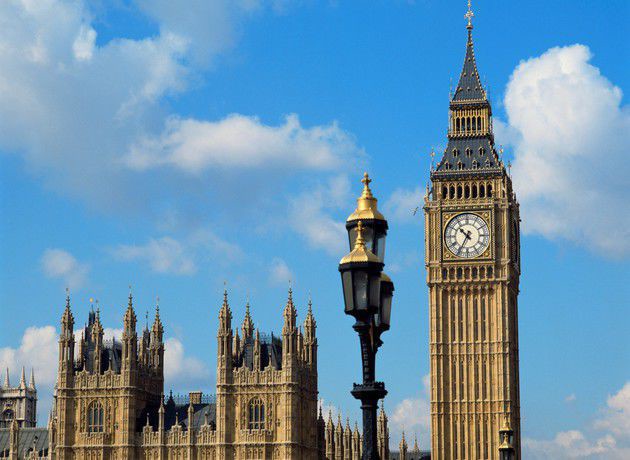
PM confirms four-week extension of Covid restrictions
Prime Minister Boris Johnson has confirmed that the remaining Covid-19 restrictions will stay in place in England for another four weeks after the planned 21 June easing of rules.
The four-week delay, which means bars, restaurants and pubs will have to continue to operate with capacity limits, comes amid concerns over rising cases of the Delta variant, with scientists having called for the delay to enable more people to be vaccinated and receive second doses. In addition, nightclubs will have to remain closed.
Revealing an acceleration of the vaccine roll out effective from tomorrow, Johnson said: "We will hold off step four opening until 19 July except for weddings that can still go ahead with more than 30 guests provided social distancing remains in place, and the same will apply to wakes. And we will continue to pilot events, such as the Euro 2021, and some theatrical performances.
“We will monitor the position every day. And if after two weeks we've concluded the risk has diminished, then we reserve the possibility of proceeding to step four and a full opening sooner.
“As things stand, and on the evidence that I can see right now, I'm confident that we will not need more than four weeks; we won't need to go beyond 19 July. It's unmistakably clear the vaccines are working, and the sheer scale of the vaccine rollout has made our position incomparably better than in previous waves.
“But now is the time to ease off the accelerator. Because, by being cautious now we have the chance in the next four weeks to save many thousands of lives by vaccinating millions more people."
Johnson did not mention any extension of financial support for hospitality.
The extension, until 19 July, will be put to a Commons vote this month.
UK Hospitality (UKH) has warned that a one-month delay to the restrictions lifting would cost the hospitality sector around £3bn in sales.
Any delay would be “devastating”, for the sector with around 300,000 jobs put at risk – including those still on furlough, said UKH.
Meanwhile, the Society of Independent Brewers said that for the nation’s small independent breweries, who rely on pubs for 80% of their sales, the delay would mean yet more uncertainty and meagre sales.
“All pubs are trading at reduced capacity and 'guest beers' have been the first to be pushed off bars by the large pub companies - disproportionately hitting small breweries,” the trade body said.




